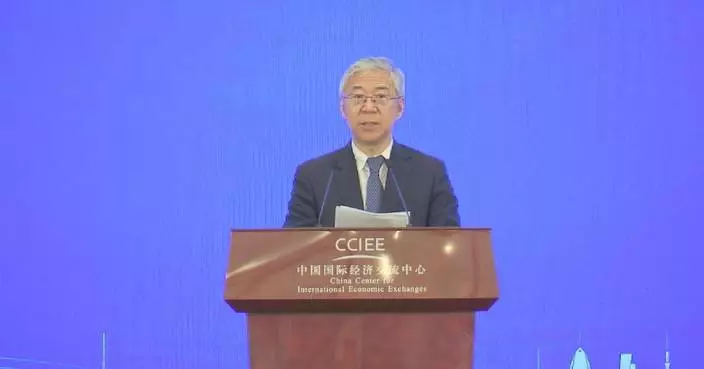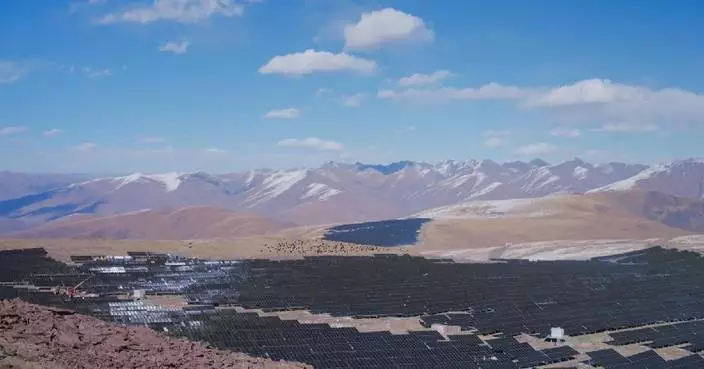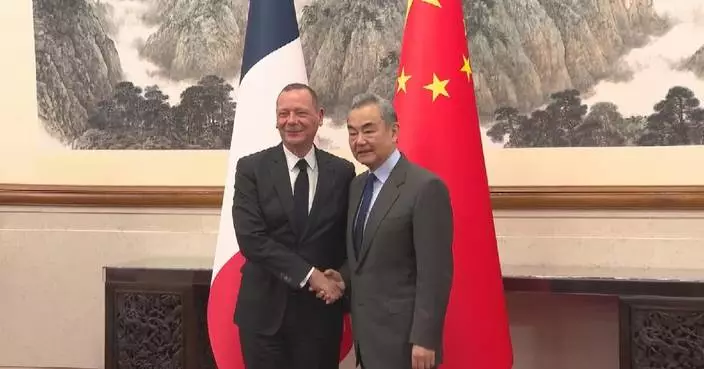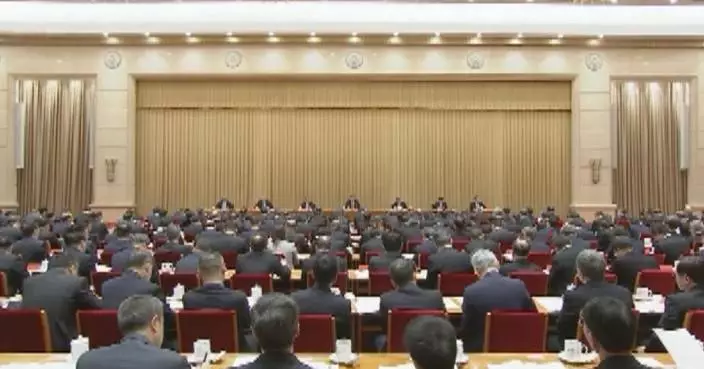China's private pension scheme, which began as a pilot program in 36 cities and regions, has now been expanded to the entire nation, effective from Sunday, marking a significant policy shift that could reshape the way millions of citizens plan for their retirement.
This expansion was announced in a notice released by the Ministry of Human Resources and Social Security, along with four other government departments.
Launched in November 2022, the private pension scheme was initially tested in 36 cities and regions, including Beijing, Shanghai, and Guangzhou.
With the nationwide rollout, all workers covered by either the basic pension insurance for urban employees or the basic pension insurance for urban and rural residents are now eligible to participate.
The private pension scheme is a government-supported, market-driven initiative designed to supplement China's existing social pension systems. It operates on a voluntary basis, allowing individuals to contribute to their own pension accounts and choose from a variety of government-approved financial products to grow their retirement savings.
The system also offers tax incentives to encourage people to save more for the future. Participants are allowed to contribute up to 12,000 yuan (over 1,600 U.S. dollars) annually.
One of the key aspects of this expansion is the broadening of available investment options. In addition to existing financial products such as wealth management products, savings deposits, commercial pension insurance, and publicly offered funds, new investment choices -- including government bonds, specific pension savings programs, and index funds -- have now been included in the scheme.
"The expanded range of investment options for private pension clients provides more diverse choices that can better meet the varied retirement needs of different individuals. This will enhance the long-term appeal of the scheme," said Jin Hua, Deputy General Manager of Personal Finance at the Industrial and Commercial Bank of China.
Moreover, based on the experience learned from the pilot phase, the new notice includes provisions for early withdrawals under certain circumstances. Participants who face serious illness, meet specific unemployment conditions, or are receiving minimum living security benefits can apply to withdraw their pension funds before reaching retirement age.
"During the pilot phase, we received feedback from clients who expressed concerns about accessing their pension savings in the event of unexpected challenges, such as illness or income loss," said Zhang Xiaojing, Senior Manager of Personal Digital Finance at the Bank of China, adding that with these new provisions, participants can have greater peace of mind, knowing they can access their funds when needed.
By the end of November, over 70 million people had opened private pension accounts, indicating strong public interest in the scheme.
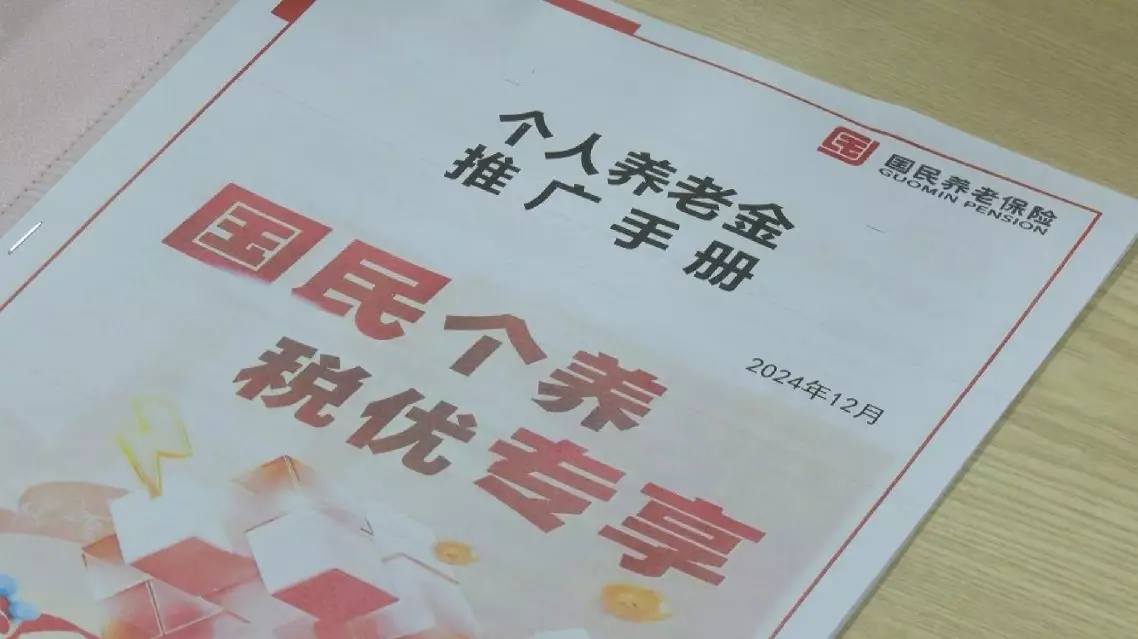
China's private pension scheme expanded to entire nation from Dec 15
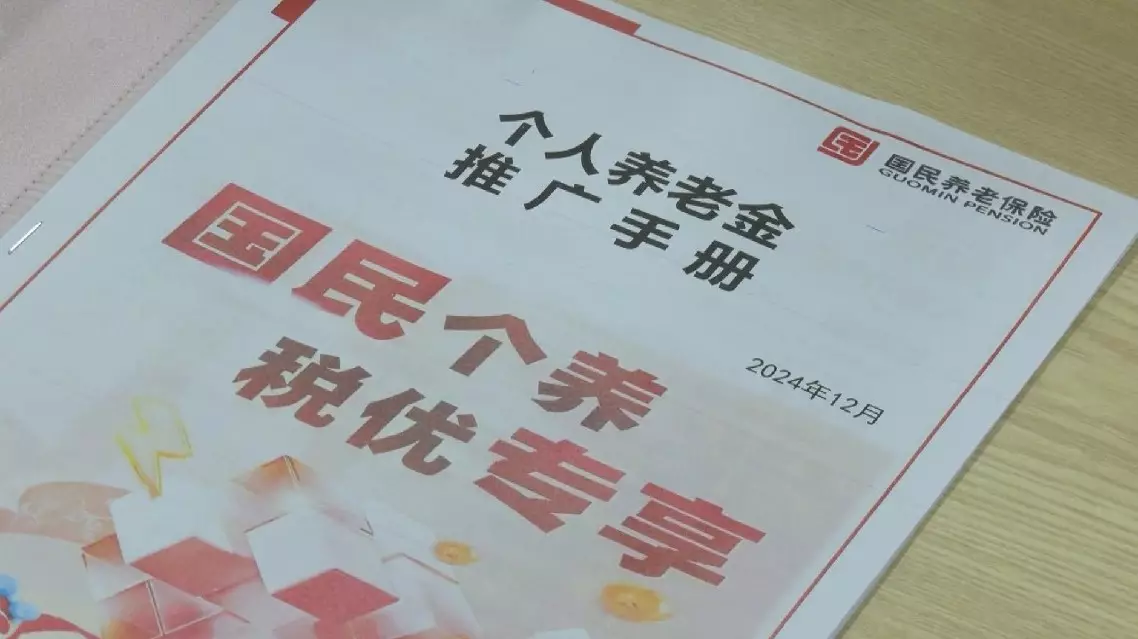
China's private pension scheme expanded to entire nation from Dec 15



